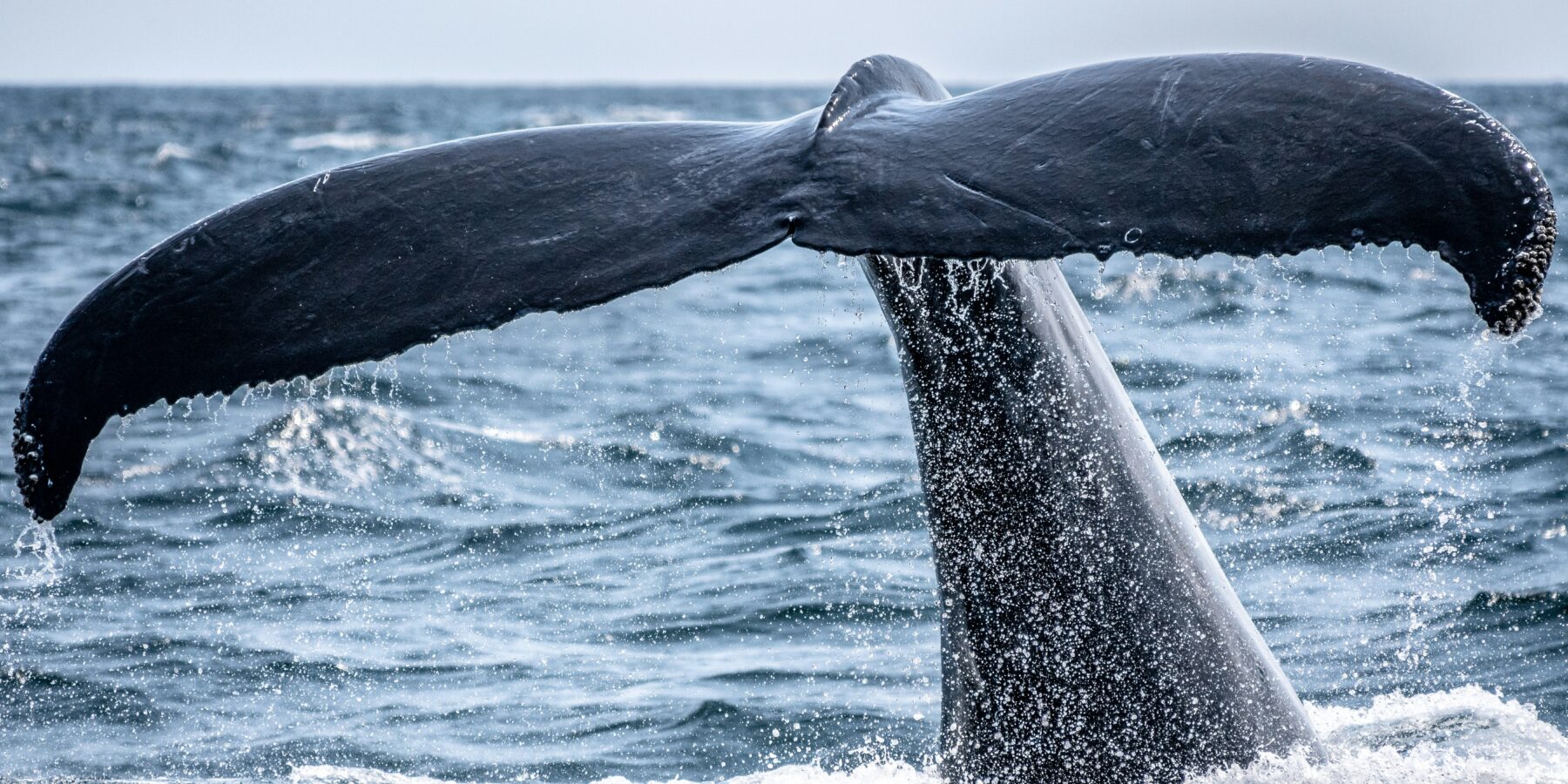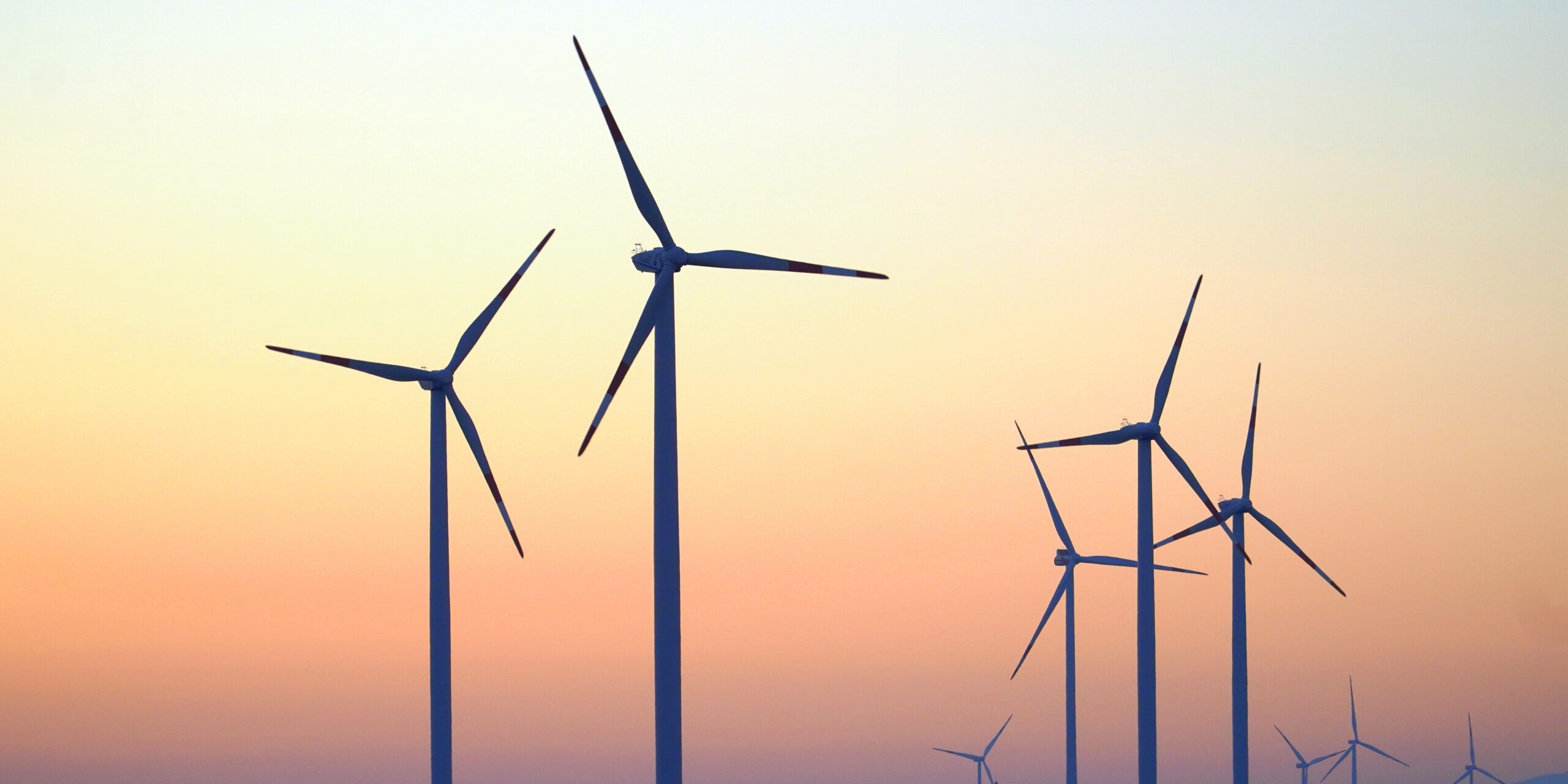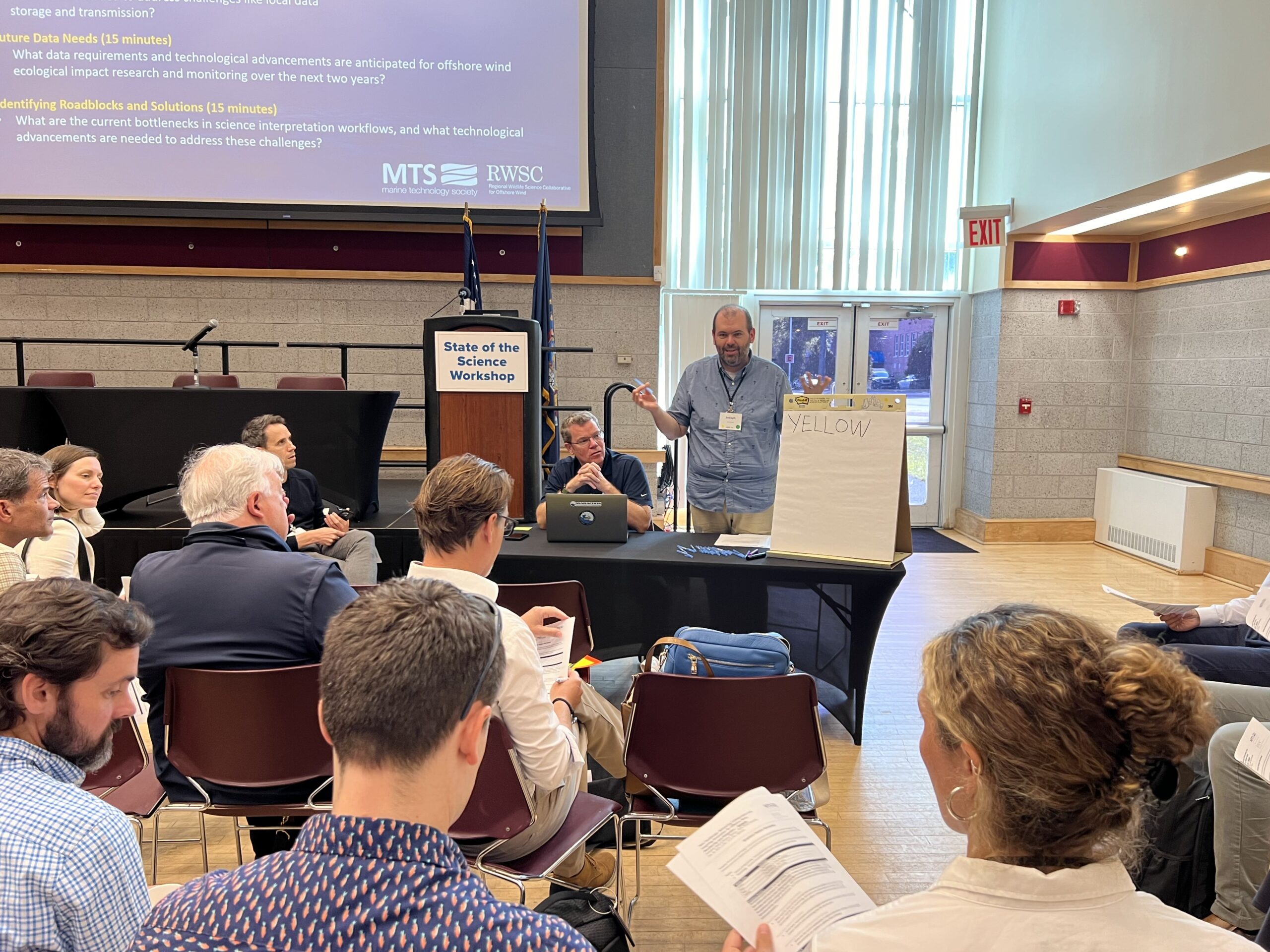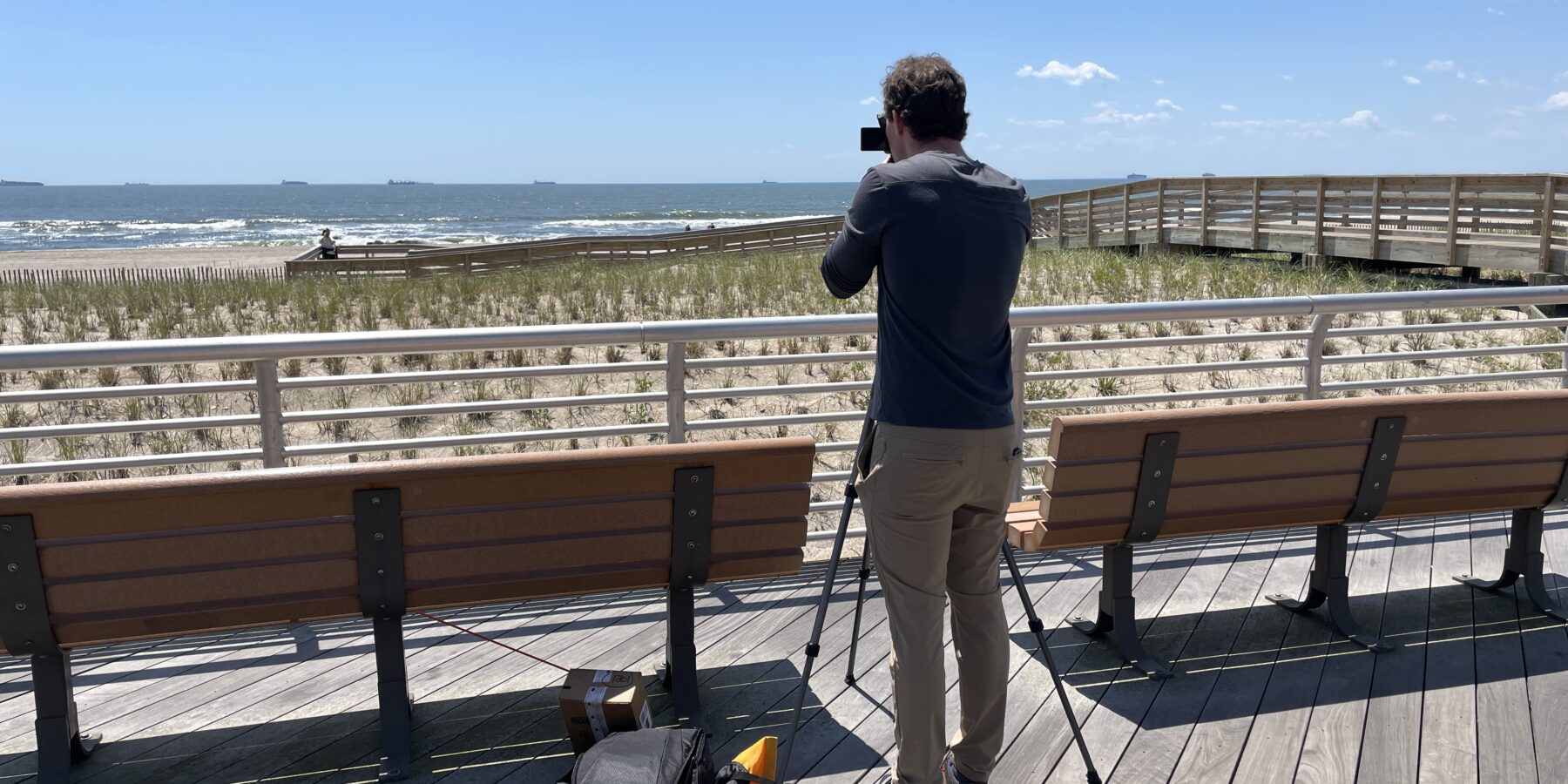Offshore Wind Presents Opportunities to Advance Marine Mammal Monitoring

We consider how the burgeoning offshore wind industry will interact with existing marine ecosystems, particularly marine mammals.
Key species of marine mammals live and migrate along the northeast and mid-Atlantic coasts of the U.S., including the critically endangered North Atlantic Right Whale. These animals already face risks associated with climate change, vessel strikes, and fishing gear entanglement. Does offshore wind create additional risks, or present an opportunity to further protect them?
Regarding the Current Science
From aforementioned vessel strikes to construction noise below sea level, myriad concerns exist around offshore wind development and impacts on the marine environment. It’s the desire of scientists, including myself, to address these uncertainties.
Based on current scientific understanding, changes caused by offshore wind would likely be minimal, particularly when compared to existing variability and changes, like climate change. The National Academies of Sciences, Engineering, and Medicine recently completed a study, for one, which focused on modeling of these changes and came to these conclusions.
This study, among others, recommend further observations are needed of the ecosystems around offshore wind farms to better understand any changes. An active area of advancement is how to improve and reduce the cost of offshore observing. One option lies in the long-term presence of structures associated with offshore wind serving as a platform for measurement systems, for instance.

Research to Address Potential Impacts
In 2023, AKRF collaborated with Rutgers University and Bigelow Laboratory for Ocean Sciences to publish “Oceanographic Effects of Offshore Wind Structures and Their Potential Impacts on the North Atlantic Right Whale and Their Prey” for American Clean Power.
Our paper details whether changes to hydrodynamics in and around wind farms could impact copepods—microscopic crustaceans and favorite food of the North Atlantic Right Whale.

Collaborating on Solutions
The Regional Wildlife Science Collaborative for Offshore Wind and Marine Technology Society, with the support of many stakeholders, have been working together to advance priority technological solutions. One of the many resources RWSC maintains includes the Research Planning Map, a digital database coordinating regional research activities by displaying the locations and types of sensors being used to collect marine life data.
With the opportunity provided by increased ecological monitoring associated with offshore wind, researchers can collect more data on when, where, and why marine mammals are located throughout the ecosystem and further protect these important creatures.
Additionally, the RWSC Technology Subcommittee and MTS Offshore Renewable Energy Committee are collaborating to host a series of events in 2024. This included a trio of workshops supported by the U.S. Department of Energy as well as coordinating with ongoing efforts by the National Oceanic and Atmospheric Administration and the National Offshore Wind Research and Development Consortium.
In July, the joint committees hosted a TechSurge and Tech Café associated with the biennial State of the Science Workshop hosted by the New York State Energy Research and Development Authority. This successful side meeting brought together nearly 100 industry experts, scientists, and technology developers to inspire innovation in ecosystem monitoring and mitigation of offshore wind impacts.
The consensus included the need for data fusion across engineering, environmental, and ecological disciplines. A focus was also placed on establishing science and monitoring thresholds to determine impacts of significance and involving the broader technology community beyond oceans and wind energy to improve technology development.
An upcoming Town Hall discussion in September 2024 as part of the OCEANS Halifax conference, co-hosted by MTS and the IEEE Oceanic Engineering Society, will host several marine technology experts from U.S. and Canadian companies. This event will serve as the capstone event for the 2024 workshops and begin laying out key objectives for next year—which will no doubt continue to drive us in the year to follow.





